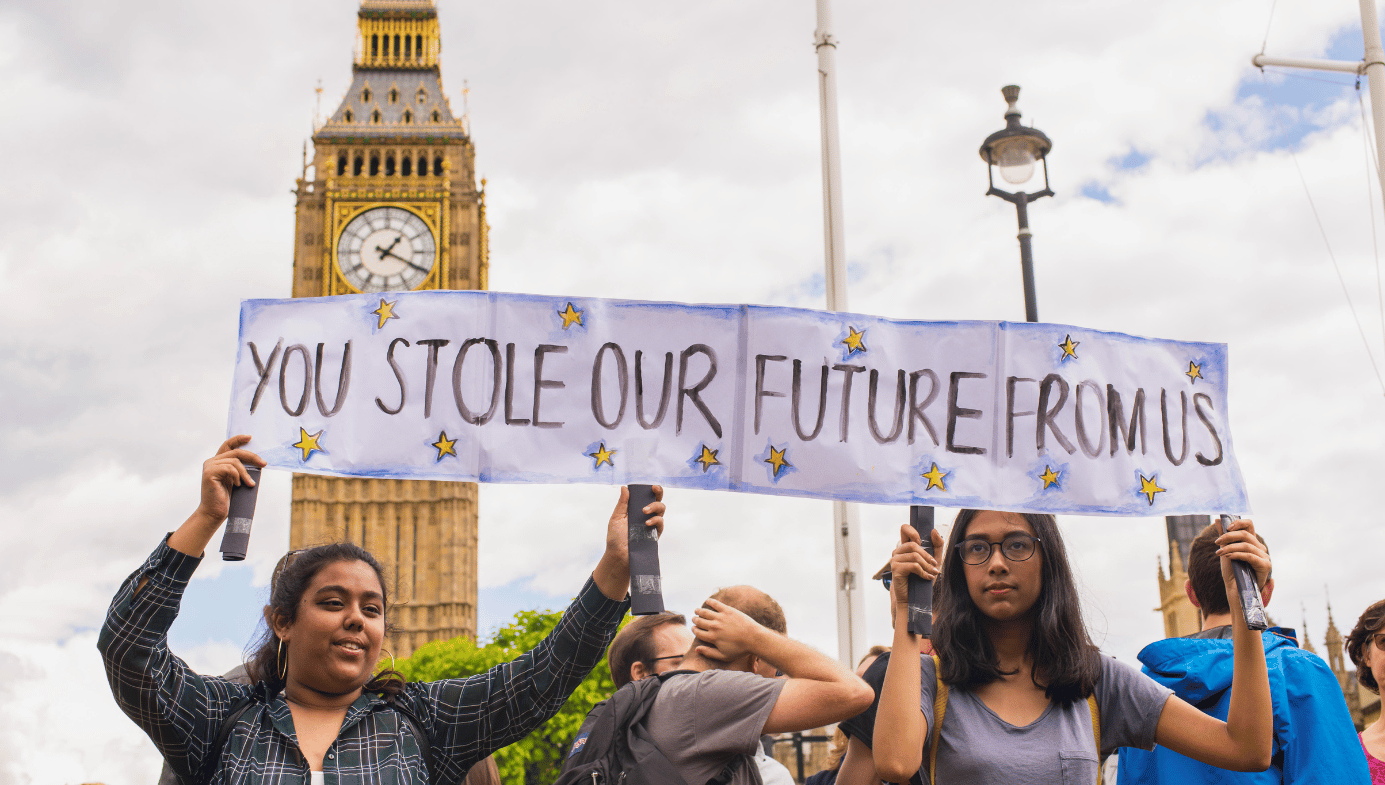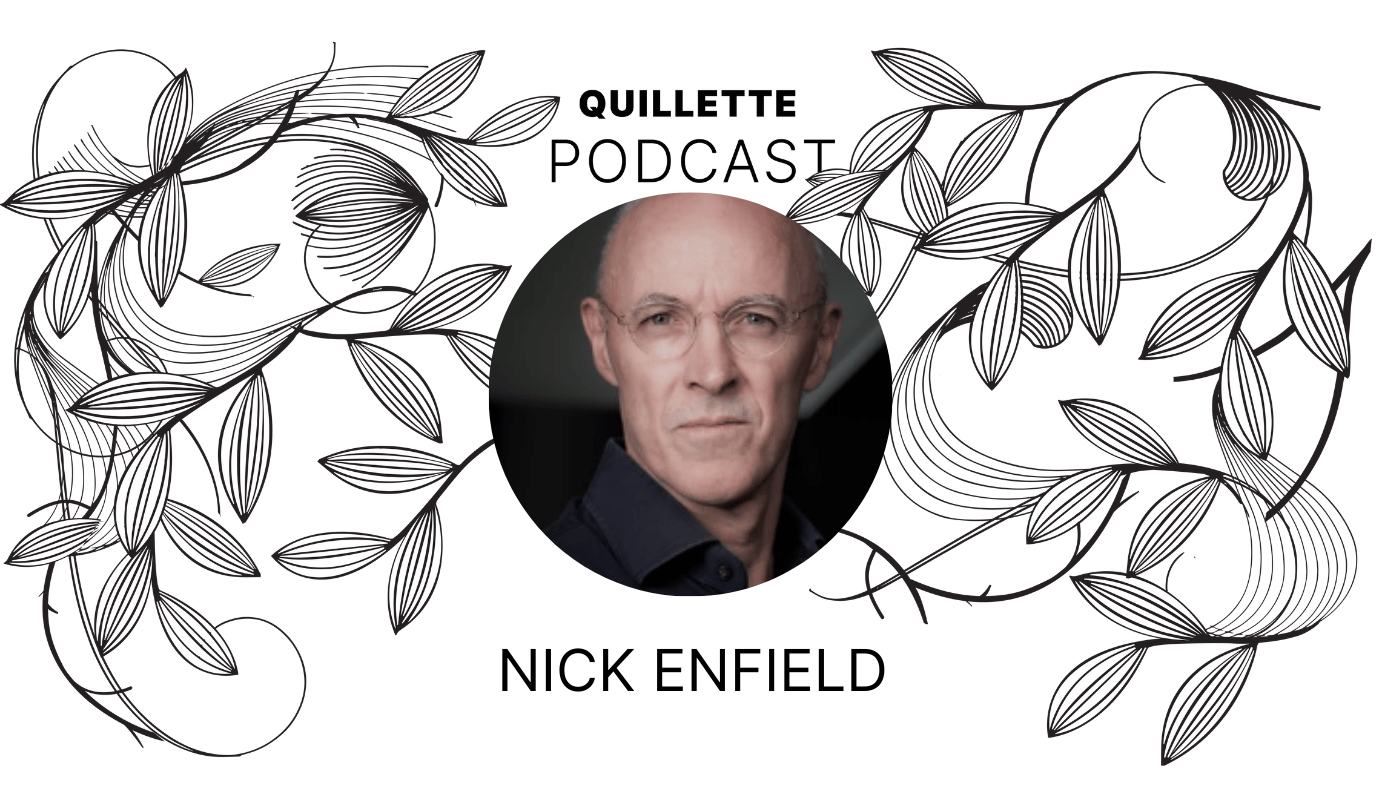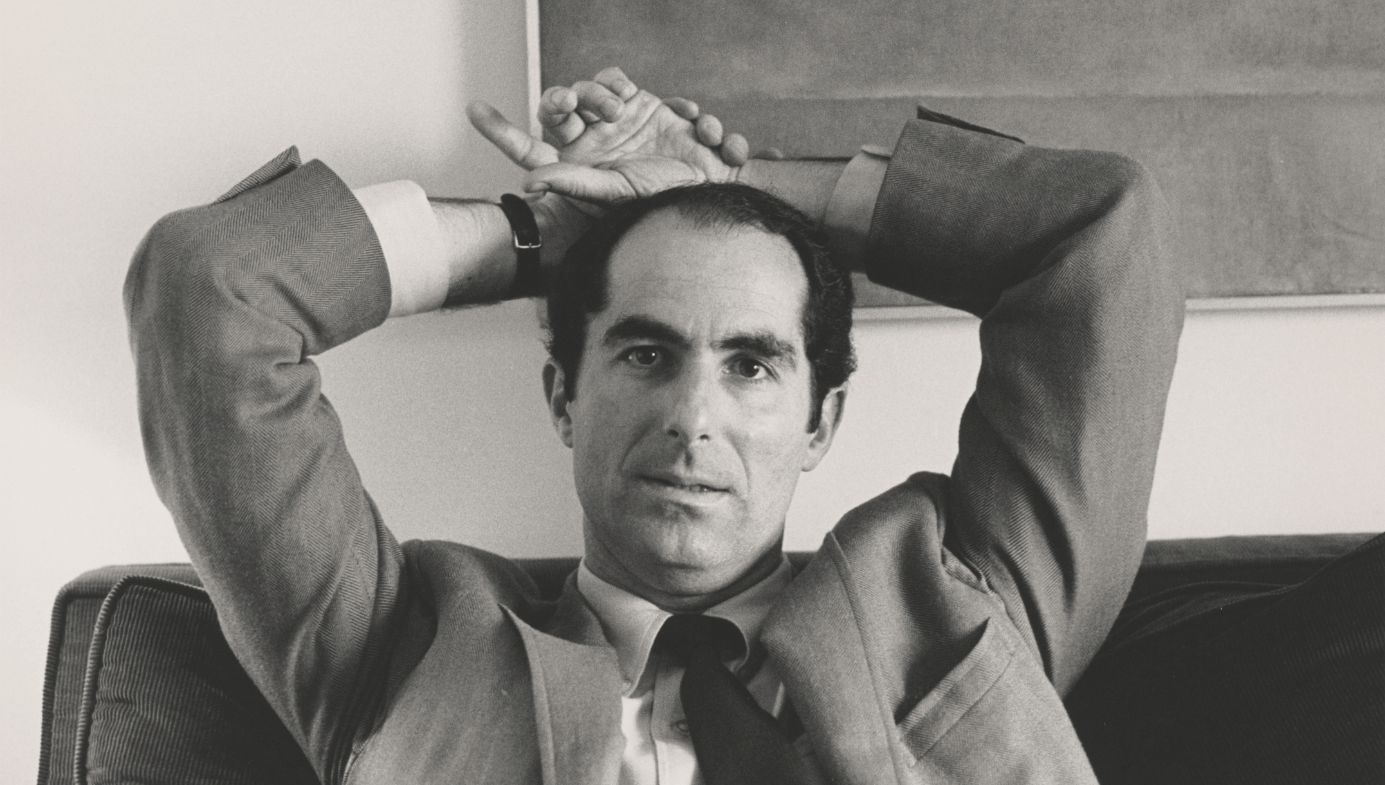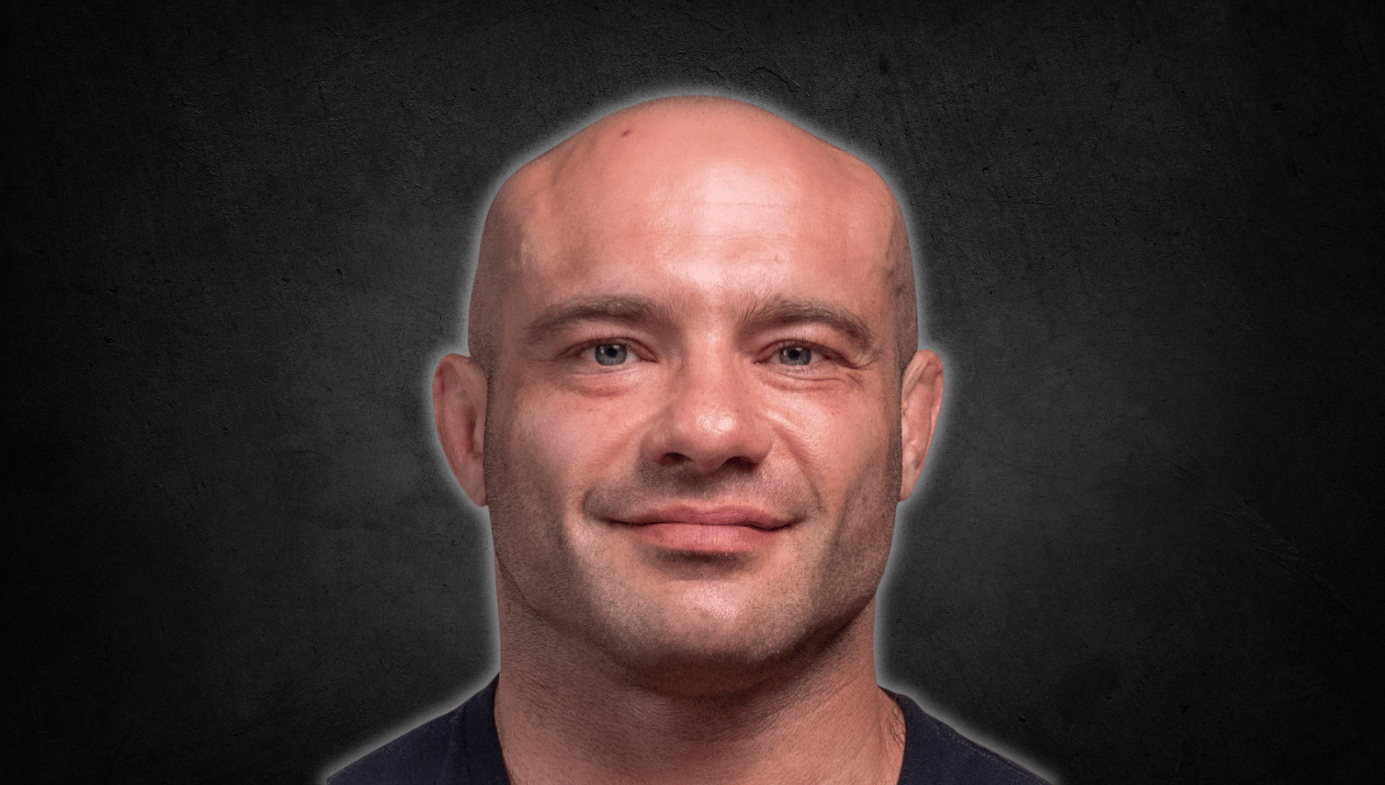Don’t Let Cancellation Become Banal
Something terrible happens when art can’t reach audiences.

This past winter, I made my first comic book in 30 years, titled Agents of H.A.G. I crowdfunded it on Indiegogo, raised 150 percent of its modest $1,000 goal, and ordered a few hundred copies to be printed. But before I could access the funds to pay the printer, Indiegogo retroactively canceled the campaign and refunded all the backers. There was no explanation provided, no appeal process, and no recourse. As a form of protest, I made Compliance Comix: the same panels and voice balloons scrubbed of characters and words, essentially an empty comic book that complies 100 percent with Indiegogo’s terms of service.
I’ve been making art professionally since I was a teenager. I have drawn two internationally syndicated comic strips, a self-syndicated weekly strip, and multiple published comic books. In 1998, I started making animated short films, which screened at countless film festivals, including Sundance. In 2006, I was awarded a Guggenheim Fellowship while working on my first animated feature film, Sita Sings the Blues, which went on to win several dozen awards internationally and a “100% Fresh” rating on Rotten Tomatoes. I taught animation at Parsons School of Design, and became a popular guest lecturer at universities worldwide, where I spoke to students of art, religious studies, and law alike. (My art frequently deals with religious themes; and over time, I became an outspoken critic of restrictive copyrights laws.) My work appears in many scholarly books about animation and was taught regularly in art schools.
In the process, I’ve periodically become the focus of controversy. Sita Sings the Blues was attacked by religious nationalists in India, who campaigned to ban the film because I’d adapted its plot from the Ramayana, a Hindu epic. My “Copyleft” advocacy earned vocal, often personal, condemnation from some artists and animators, even as I was heralded as an innovator by others. But nothing prepared me for the “cancellation” campaign that targeted me in 2017.
It began on Facebook, when I re-shared Connie Bryson’s lyric, “If a person has a penis, he’s a man.” When I was called out for it, instead of retracting, I asserted that women don’t have penises.
This was six years ago—before the idea that men can transform into women by an act of public declaration had become fully accepted in progressive culture. But in the small, clubby, hyper-“woke” milieus of art and animation, this claim was already being treated as non-negotiable dogma. Almost immediately, I was disinvited from a film festival in New York that I’d been invited to judge.
I was temporarily banned from Facebook several times, as my posts were mass-reported by my critics. I found myself name-checked in online forums that targeted outspoken women. While my work had once spread on a peer-to-peer basis, I now saw that new fans who recommended my films were being met with accusations that I was a “TERF” (a term of abuse meaning “trans-exclusionary radical feminist”). Such fans would almost invariably apologize for sharing or even liking my work. Speaking invitations dried up completely.
In 2018, I was just finishing my second feature film, Seder Masochism, an animated musical about Passover, Exodus, my atheistic Jewish father, and the Abrahamic elimination of goddess worship. The festivals that had planned to include it faced threats from disgruntled activists. It had been invited to screen at a local café, but after an online boycott campaign, the venue cancelled the show. The Art Theater in Champaign, IL, where I live, cancelled a rental contract when a local group of activists claimed I was “dangerous,” thus making me (to my knowledge) the sole filmmaker to be banned from that institution in its history.
Some (former) fans confessed that, though they loved my art, they felt compelled to denounce it out of principle. The work that I’d put my heart and soul into, and then released freely to spread and grow, became unshareable by anyone who wished to avoid being seen as tainted by association with me. My work was dropped from university curricula. I became known as a “TERF” rather than an artist.
Lifelong friends publicly denounced me. Former friends circulated “information” to the effect that I was a “right-wing” member of an “alternative influence network” who attacked and harassed trans people. I watched helplessly as my reputation was destroyed. One local man even told someone he wanted to “kill Nina Paley,” resulting in a police report.
But worse than the lies about my character, or even the threats of violence, was the damage done to my art—which had nothing to do with my opinions about sex and gender. This was unbearable to me, even apart from the financial loss I suffered. As a Free Culture advocate, I want people to see, enjoy, and share my work for its own sake. And while I keep making art, my “cancellation” remains an ongoing affair.
My cancellation story isn’t unique. Countless other artists—including writers, musicians, dancers, comedians, and filmmakers—have been blacklisted, lied about, and publicly denounced, often by mobs of mediocre competitors. And our stories tend to follow arcs similar to the one I’ve described above. Yet one still hears from progressives who use the term “cancel culture” in scare quotes; either denying that it exists, or insisting that anyone who’s been cancelled has simply been subject to a process of “accountability.” Even many conservatives, liberals, centrists, and principled progressives, I’ve found, have become so jaded that they no longer seem much interested in cancellation narratives. Another day, another cancellation. Cancelled artists are a dime a dozen now.
But you should care that artists are cancelled, even if our stories are no longer seen as novel. And while you’re at it, I’d like you to care about me, in particular. Something terrible happens when art can’t reach audiences. While artists feel their cancellation acutely, audiences experience the phenomenon gradually over time, as the spark, inspiration, and humor provided by challenging work is removed from their lives bit by bit.
My Compliance Comix project, though conceived as a protest gesture, also provides a warning of what is to come if we allow mobs and “trust and safety” teams to dictate what can and can’t be seen by audiences: the dumbing-down of our culture, a generation of creators afraid to think critically, the institutionalization of cowardice, and an inevitable decline in the quality of public discourse.











